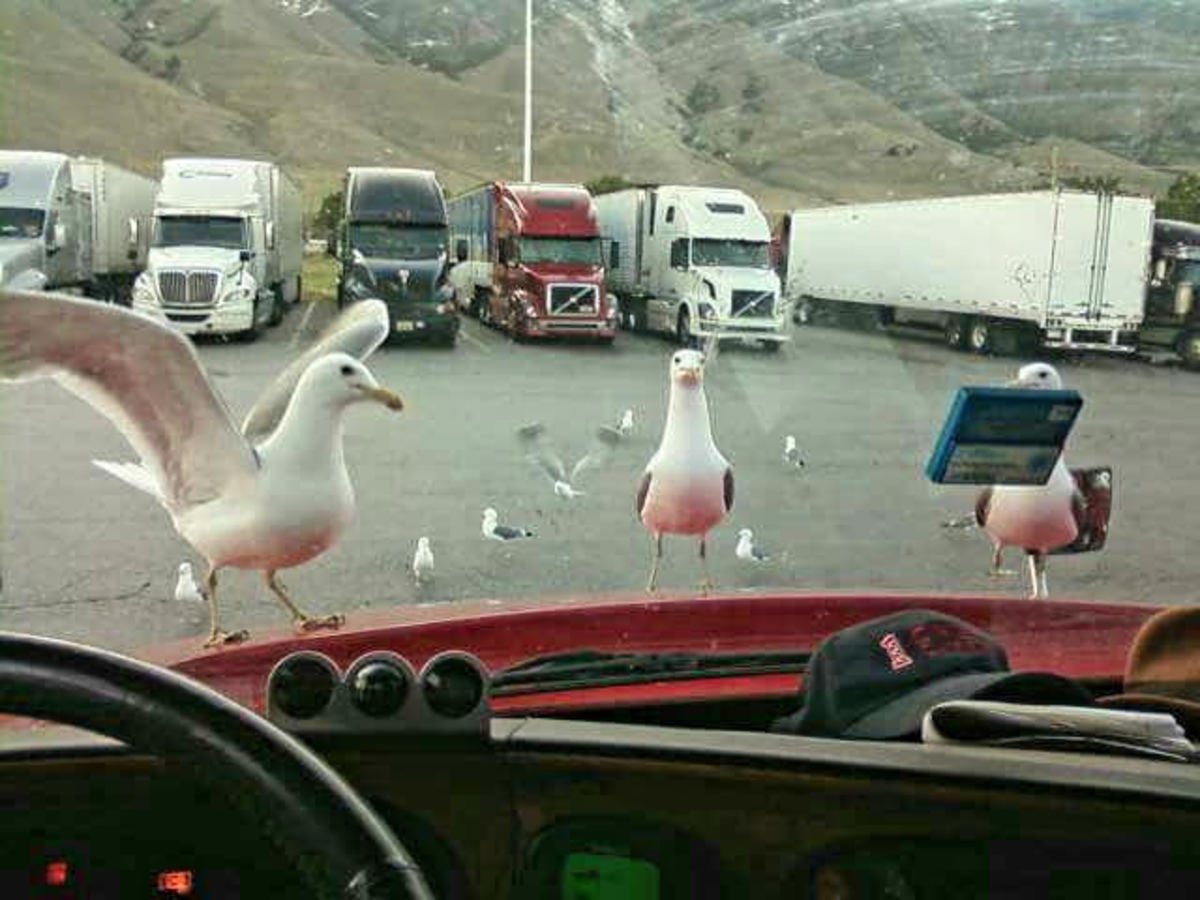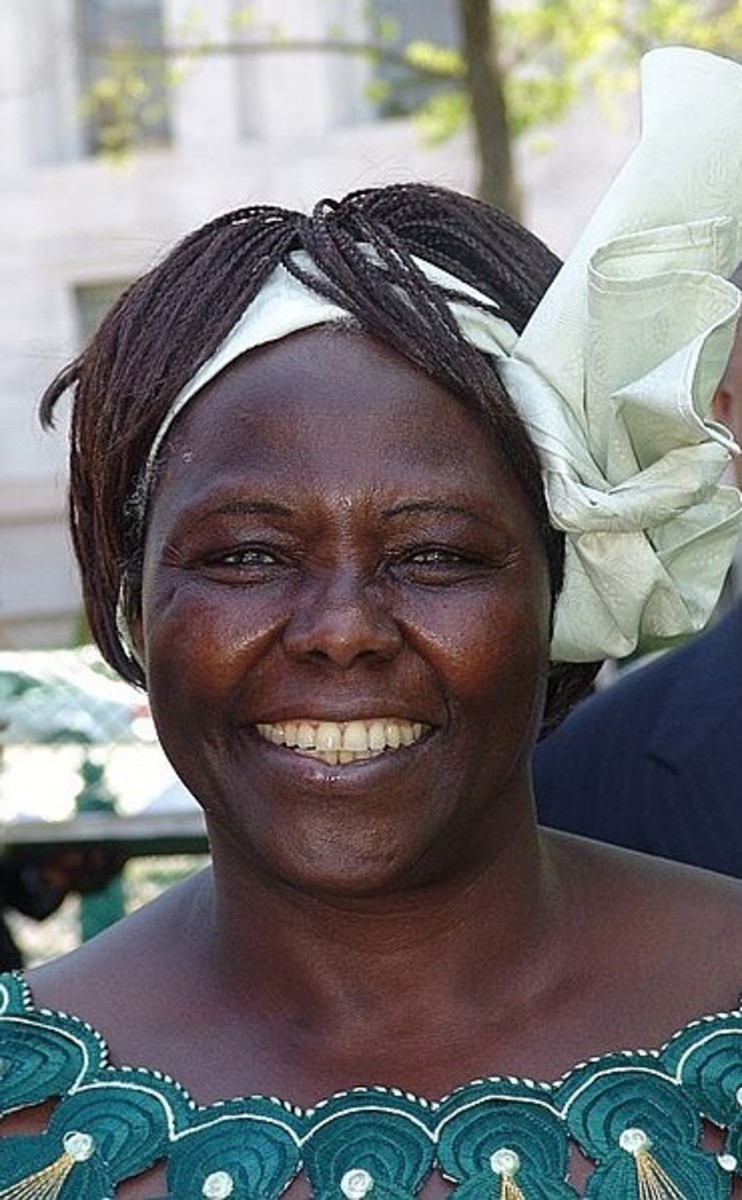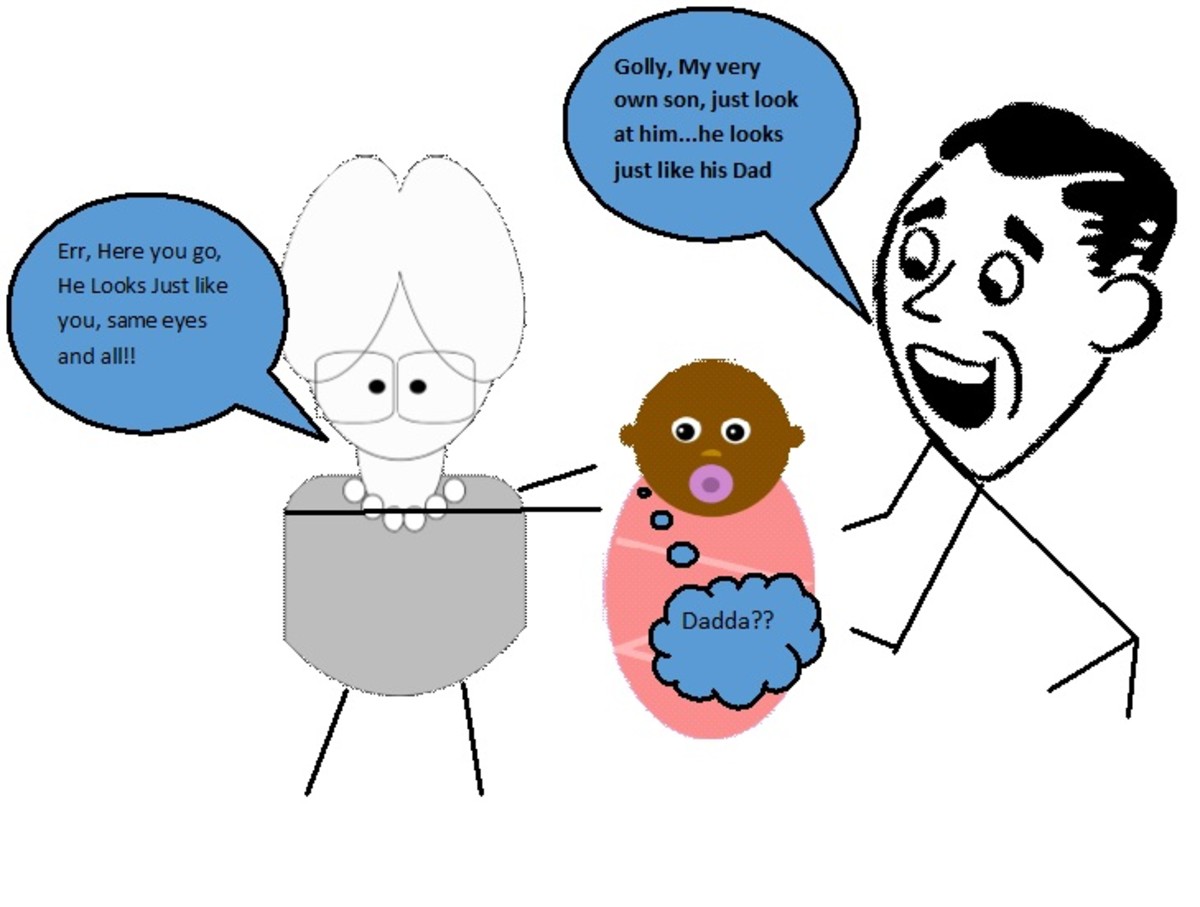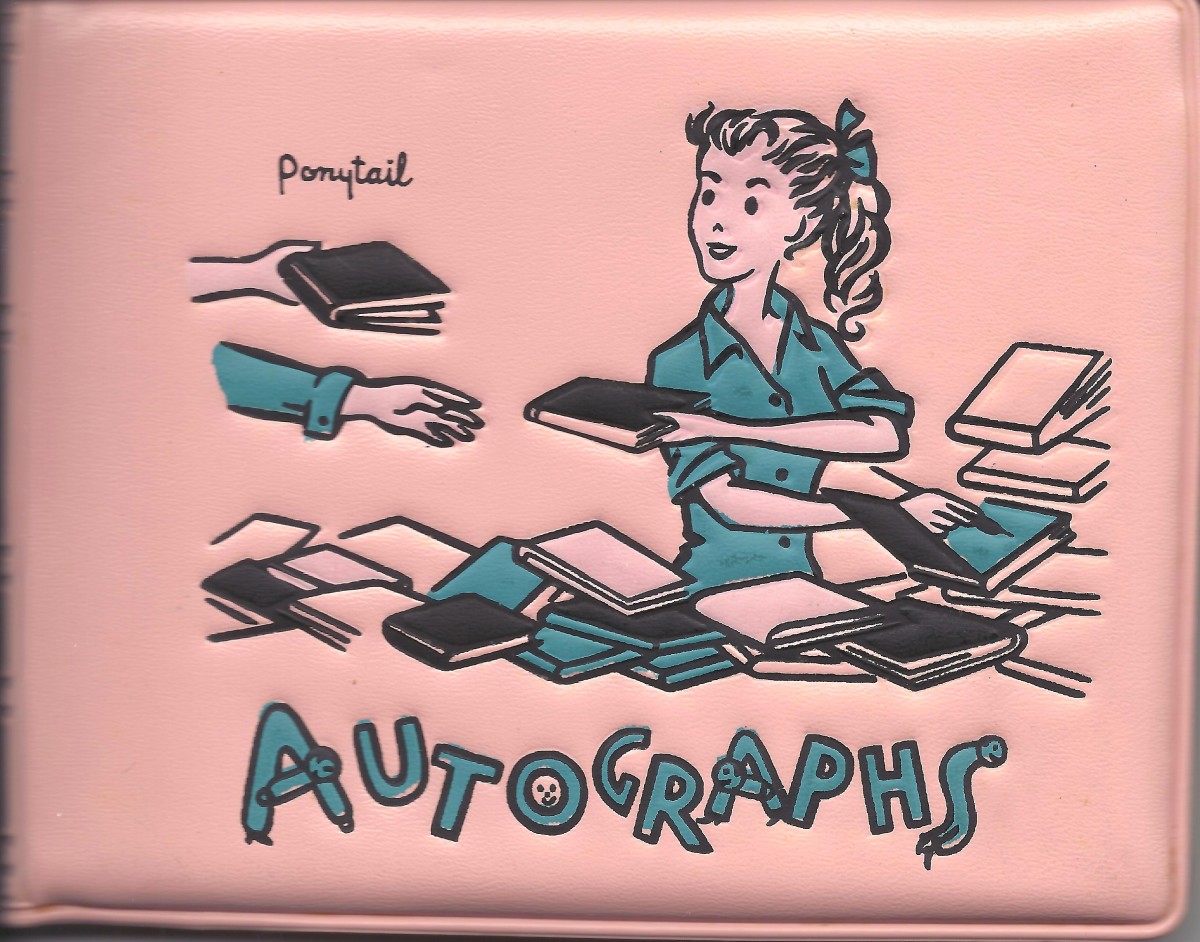CAN YOU LOVE YOUR FOSTER CHILD?
INFANTS INITIATE
DON'T BE GRANDMA! WAIT! TUNE IN!
WHAT IF MY EYES AND EARS DON'T WORK?
THE EXPERIENCE OF LOVE
On Thursday, April 21, 2011, San Bernardino Valley College and the San Bernardino County Department of Children Services are co-hosting an annual teamwork conference designed to bring social workers and foster parents together for a day of training. This year’s theme is CONNECTIONS: TIES THAT BIND.
The conference is being held at the Hilton Hotel in Downtown San Bernardino. There is no cost to attend, but there is limited space. If you are a San Bernardino County social worker or foster parent and are interested in attending, call Rosemary at 909-384-4457.
I am presenting one of conference workshops entitled Is Love One Of Those Connections?
Here are some questions that set the stage, so to speak, for the workshop.
If we set out on the journey to genuinely love the foster children placed in our CARE, what will the experience be for both ourselves as foster parents and for the children? Is it even possible for foster children to experience love in foster care? Is it healthy for us, as caregivers, to even attempt to love the foster children placed in our care? How will I know if I am actually loving them? Can foster children even begin to love their caregivers? Is it even important at this stage of their development, or is love something we hope will eventually happen for them down the line?
The workshop will explore the back drop to these questions, and provide a challenging look into our own personal experience of love and where we are in our life today in relationship to love. I explored some of these questions previously in a series of classes entitled At Home With My Emotions. Click on this link to read the blog. You will find it interesting and helpful.
LET’S BEGIN THIS EXPLORATION
We are going to explore this topic from a variety of “angles.” It may at times seem like we are “pinballing” all over the place. But “hang” with me, because when we are done, we will have a whole pie with all the pieces intact.
And believe it or not, I am going to be asking you some questions about your relationship with God, not because I have anything to offer you spiritually, but because the fact of the matter is, religion and spirituality seems to play a big part for many of you in your work with foster children. I hear that impact when you share your stories with us in class. Your relationship with God, as you experience and understand God, literally shapes sometimes the quality and the kind of relationship you grow with the foster children. That’s right–GROW! We grow relationships. And sometimes, our relationship with God or the relationship we grow with God, keeps us from listening and hearing all that is important for us to hear from our foster children. And our inability to hear all we need to hear is NOT about God, but about the BOX we plant God in. If you listen very carefully when you meditate, you will hear a pounding. It is not your heart, but God trying to pound his or her way out of that box or planter to be consistent with the metaphor! And if you’re not laughing or at least smiling right now, then you really do have God in a box!
Let’s begin by asking some more questions. What is the experience of Love? How do you know when you love someone or when someone loves you? And do you see yourself as a lover?
And what about God? What is your experience of loving God? And what about God loving you? And do you think God is a lover?
And, we can’t forget that “silly” commandment to love your neighbor as yourself. Now, I call it “silly” tongue in cheek. It is also a scary commandment when you stop and think about it. I mean just take a look at some of the folks you know, and the way they love themselves or actually not love themselves. I, for one, do not want to live in their neighborhood. If you’re not laughing now, then we are in serious trouble.
Assuming you answered “yes” to being a lover, do you want your beloved to be obedient and submissive to you? No? So why do folks imagine that God wants them to be obedient and submissive? When I hear folks using this as a criteria for loving God, I think, “Wow, you’d make some traditional macho guy a great wife even if you’re a man!” And if you really buy into that notion of love equals obedience and submission, how’s that going to work for an infant?
I am beginning to think that God’s will for us has more to do with our willingness to make decisions and choices in our life without knowing the outcome, but trusting that God will walk with us in any decision we make, right or wrong. God will bless us just for making the decision.
Come on, I am NOT talking about deciding to kill someone. But every day, we have decisions to make, and they are all very difficult. Sometimes we judge that we are being selfish in our decisions when in fact we are being life-giving to ourselves and to other people. It is those tough decisions I am talking about, decisions we know ahead of time will create a disturbance for other folks who are quite complacent with the status quo. Decisions where there is always the possibility that we will find out later that we were “dead” wrong and will have to go back and pick up the pieces. But at this moment, we are making this decision believing with all our heart that it will bring life to ourselves and to others. And ironically, it just might be, if we do not make this decision, we will, in fact, kill the souls of our loved ones because we leave them stagnant, dying, and not growing.
One such decision for me is continuing to stay with my private practice. Family members have urged me for years to give it up because it does not bring in the money they think it should. And in the face of that criticism, I have waffled back and forth for the past five years, probably dis-serving my practice in the process because I was not fully committed.
Recently, I decided to fully commit, to stay the course. Because ultimately, it is my judgement that my private practice brings LIFE, a lot of life, both to myself and to a great many people, as well as to my family. I will never be able to convince them of that. And you know what, the day may come when I stand before God and God says, “Vern, you were wrong about the practice. Should have given it up!” But God will stand beside me all the same because I exercised my God-given free will in the best way I knew how. God desires us to be FREE and to exercise that gift. That’s what love is all about. Allowing and desiring the other person to be free.
There is a wonderful scene in the award winning film, St. Ralph, that describes this very experience of exercising our free will, of making decisions at the risk of being wrong.
George, one of the main characters in the movie, is telling the principle of the school that he is not going to follow the principle’s order to forbid Ralph to run the Boston Marathon. George says to the principle,
“One day, when my time is up, God is going to ask me, ‘George, did you ever put it on the line? Did you ever not know and still jumped? Did you ever just close your eyes and let go?’ Right now....my answer would be no, no I never did. So I’m closing my eyes.”
So George makes a huge decision which may cost him his job and his career, but he decides to put it all on the line and risk. Yes, watch this film. It is an absolutely wonder-filled movie with lots of important information and inspiration for all of us.
Interestingly enough, this letting go, this taking a risk, is exactly what an infant has to do when the infant attempts to initiate contact with a big person. And we are going to be talking a lot about the way infants attempt to initiate contact with the big people and the results of that.
SO LETS SEE IF WE CAN AT LEAST BEGIN TO DEFINE LOVE
As adults, we struggle to define the experience of love. Some describe it in terms of chemistry and emotions. Some will tell us that love is not a feeling at all, but a decision. Some will tell us there are different kinds of love and have names for each kind, and long lengthy philosophical, theological, and psychological discussions about each kind of love.
I thought, perhaps our best bet here today in grasping an understanding of love, in terms of our “work” in foster care, is to go back to our own beginning, to our first experiences as human beings.
Our current knowledge of the way our brain works provides us with an understanding of not only our first experiences, both in utero and as infants, but how these initial experiences literally shape our adult experience and our adult understanding of reality. Check out the blog http://hubpages.com/hub/HOW-OUR-BRAIN-WORKS
We know, for example, that our amygdala, an important player in our emotional brain, is fully online at seven months in the womb. The amygdala remembers and stores every intense emotional experience in our lifetime. Unfortunately, we have no conscious access to our amydala, so those emotional memories just sit there waiting to be fired off in the present in response to anything that even remotely reminds the amygdala of the original experience.
In addition to storing emotional memories, the amygdala gives emotional meaning to our
moment-to-moment experiences, and based upon repetitive experiences, creates mental models for making sense out of our reality. Even as an infant, I am creating mental models. For example, I was fascinated by red fire trucks way back when. For my third birthday, I received a bright red hook-and-ladder fire truck. No, not the real thing! A toy version! Made of metal too, not plastic! It was awesome. One of my favorite toys and one of my favorite memories. So from very early on, I have had a mental model that fire trucks are red. But after living in this area for over forty years where there are plenty of Bureau of Land Management institutional green fire trucks, my mental model of fire trucks now includes these institutional green ones! But when I see a white fire truck or a yellow fire truck, oh boy. My brain does not compute, and if I am in the car, I literally have to slow down to check out this machine to see if it is what it looks like it is!
NOW LET’S TAKE AN IMPORTANT DETOUR. NEEDS
Let’s look at needs and there part in this equation. I looked at needs in the class cited above. Again check out the blog. http://hubpages.com/hub/AT-HOME-WITH-MY-EMOTIONS-Part-2. We all have basic human needs. Even us guys! We have a need for love, self worth (not the same as self esteem), belonging, and autonomy. When we are very young, these needs have a survival component to them.
So what do we mean by that? As an infant, our needs for love, self worth, belonging, and autonomy are all intertwined with our very survival. The need for love is wrapped up in our need for food. So a hungry baby, a baby with hunger pains, is not going to feel loved. Self worth comes out of an overabundance of feel-good experiences, a lot of holding, touching, soothing, tickling, massaging. Too many unpleasant experiences as an infant will leave me feeling unworthy all of my life on a very unconscious level, but nevertheless there, to sabotage all of my relationships and all of my dreams of accomplishing great things.
Our need for belonging gets met when the folks to whom we belong, keep us safe. Our need for autonomy gets met when the big people take charge of regulating our minute to minute life. For example, when we have a melt down, we need for the big people to remain emotionally intact.
So if our needs are not met, as a little person, we face the risk of actually dying, as stress hormones literally invade every part of our body. These stress hormones slow down the production of growth hormones, turn on the negative gene pool in our cells, and slow the production of T-helper immune cells. Wow! Stress does all of that? Yes, for adults as well,
However, as we grow into adulthood, at least theoretically, we are suppose to develop frustration tolerance. So as frustrating as it is to postpone getting our needs met on any given occasion, we are suppose to know that the frustration isn't going to kill us, even though, for most of us, it still seems like it is going to kill us. So what's going on here? How come we don't develop a healthy frustration tolerance? Why are so many of us addicted to so many different kinds of stress reducing pleasures? How come so many of us suffer from all kinds of stress related illnesses? Well, we are getting there! Hold on to this piece of the rope. There is another piece with which to connect exactly here. We just have to get there. And we will. It’s time to bring up a new pin ball and fire away in a new direction, but you will see it all come together soon!
INFANTS INITIATE
A few paragraphs back, when we were talking about making decisions, we referred to infants initiating contact. We learned some time ago how important it is for us to engage infants and to interact with them, but we are only just now learning that infants will typically initiate contact with us, if we, the big people, will just chill out for half a second and allow them to initiate. For some strange reason, we think it is our job to initiate. There’s nothing wrong with initiating contact with an infant, but we short circuit a really powerful and wonderful brain experience when we do.
SO LET’S TAKE A LOOK AT THAT BRAIN EXPERIENCE
You know that feeling you get when you are talking to someone, and you know they are understanding you because they are moving their head up and down, sometimes just a little and sometimes a lot? Basically, the person is non-verbally saying “I get what you are telling me.”
Well, that is how an infant feels when you allow the infant to initiate contact, and then you respond to the infant in the exact same way the infant initiated contact with you. So the infant looks at you and holds its little closed fist up to its mouth. You respond to the infant by holding your closed fist up to your mouth. The infant will just beam. “You’re on the same page with me....we can communicate.” No, the infant isn’t saying those words to him or herself, but that is the emotion the infant is experiencing as ten thousand neurons fire, making connections, creating mental models of what it is to be in relationship with someone who is on the same page with you, who understands your needs, and who is willing to respond to them.
Infants will initiate all day long and all night long. They have one singular verbal language with which to initiate communication–crying. So it is appropriate for an infant to be a cry baby. If we respond to the infant’s cries, the infant will eventually learn the necessary words and “skills” for expressing his or her needs as they grow into the terrible two’s. Those infants whose caregivers are concerned about spoiling them and allow them to lay in the crib crying till they stop are literally raising WHINERS, and whine they will when they become toddlers.
HOLY TOLEDO! IT’S GRANDMA!
Grandmas tend not to wait for the infant to initiate. They just scoop the infant up. Sometimes Grandma is wearing that bright red lipstick, wearing old lady’s perfume, sometimes her teeth are falling out as she smiles and kisses you with those red smacking lips, and often times, she smells like old people smell. Half dead! It is “traumatic” for the infant who has to be thinking to him or herself, “Who in the heck is this person? Oh God, is this Grandma?”
Nothing against Grandma’s really, it’s just that sometimes we are so proud to be a grandma that we forget to tune into the infant and his or her needs.
Now, I want to stop here for a moment. This is very serious business. Are you getting this piece? It is so simple to allow an infant to initiate and then respond in kind. It is so simple to hone your skills in reading an infant’s cry and to know and respond to the need. It is so simple, but so critical for that little person in creating his or her tangible and mental models of love.
THERE IS NO REASON TO BEGIN TEACHING AN INFANT FRUSTRATION TOLERANCE.
I repeat. There is no reason to begin teaching an infant frustration tolerance. In fact there are lots of good reasons to respond to every need an infant has. You cannot spoil an infant. I will be happy to stop right here, and we can discuss this for the rest of the session!
See, God has it all planned out. We will learn frustration tolerance in due time, in the course of our development, and we begin to learn during the terrible two’s. The only thing parents have to do, as good enough parents, is to be clear and firm about yes’s and no’s. There is no need to punish a temper tantrum, only to stick to your yes’s and no’s. You might want to intervene in a temper tantrum, take control of it, but never punish the tantrum. Tantrums are also God’s gift. It is how we learn to kick and scream, dig our heels in, say no, and to stand our ground when necessary.
But when, as parents, we do not allow our children to experience and express frustration and to discover they will not die if they postpone getting their needs met, but instead we short circuit this learning with the fear of punishment for expressing or acting out the frustration, then we end up teaching our children the art of avoidance.
What does that mean? As children, we learn to do whatever it takes to satisfy ourselves but we also learn in a variety of ways to avoid getting caught. So we are not really learning frustation tolerance. And we could discuss this for the rest of the session.
SO BACK TO THE INFANT INITIATING
Check out these film clips. http://www.youtube.com/watch?v=apzXGEbZht0
http://www.youtube.com/watch?v=URpuKgKt9kg&feature=related
http://www.youtube.com/watch?v=x5Xw75lv3t8&NR=1&feature=fvwp
So what happens when the big people ignore or miss our initiation? What happens when they do not respond to our need? The infant, like the infant in the film clip, does exactly what we as adults do. Imagine that! We give up our need, split off from our need, learn to do without that need, and learn to survive on the bare minimum. AND, we do not experience LOVE.
So perhaps one way to define love is to say it is the spontaneous desire to initiate contact with a significant safe person who is then willing to respond to our needs, and we, in turn, have a stirring desire inside of us to respond to that other person’s needs. It is not a reciprocal tit for tat, but a relationship, a dance, born out of an innate God-given desire inside of us to be in relationship just as God is, in essence, a relationship. The process is what Daniel Siegle calls mindsight.
LET’S GET AN EVEN CLEARER PICTURE OF THIS EXPERIENCE OF LOVE by looking at the experience of “breaking up.” I did warn you that this discussion might be a little “pinballish.” Yes, breaking up. There are a zillion songs about breaking up. The one I remember is by Burt Bachrach, Make It Easy On Yourself and the words are haunting, “(breaking up) is so very hard to do.”
Our foster children have had multiple experiences of what they were hoping or believing was love and permanency only for it to end in a “break up.” Unfortunately, even the infant experiences break ups, not only in the original removal from his or her family, but then in the subsequent moves from foster home to foster home often several moves before their first birthday. Think about it. These are all “breakups,” and as the songs says, so very hard to do.
As an adult, we can at least attempt to make sense of a breakup, even though we rarely take the time to do such work. Admit it. After a breakup, we are either quite eager to rebound and find another relationship, or we make a vow never never again to be in relationship. But if we were to take the time to debrief a breakup, we would discover a great many disturbing bits of information from which might blossom wisdom.
First of all, we often instinctively know from the get-go that the relationship is going to end in a breakup. So when it happens, reflecting back on our instincts is like insult to injury.
But ironically, sometimes when we instinctively and consciously know that the relationship will not work, we become even more committed. We literally stand on our head to make the other person happy, to make sure they stay committed as we are, but little by little, over the years, we gradually give up parts of ourselves, all for the sake of making the relationship work.
We give up our friends, our hobbies, perhaps a good job, perhaps even our religion or spirituality, all for the sake of holding on to this other person. So by the time the relationship ends, it is not so much what the other person did, even if they had an affair, but the pain has to do with the experience of having nothing left of ourselves. We have these huge huge empty feelings which say you gave it all away for nothing. However, the reality just might be that you have lost nothing and gained everything by this relationship ending.
The reality is that we can never really give up ourselves, but we do "pawn" parts of ourselves to make other people happy as if we can make another person happy. We can certainly make infants and children happy, but adults? Can’t do. Adults make choices, and ultimately we make ourselves happy or not.
So healing from a breakup requires that we go to the spiritual pawn shop and reclaim all the parts of ourselves that we “pawned” in order to get “money” to “buy” the relationship. This reclamation can bring about a spiritual awakening and healing.
But how does it happen that we give up parts of ourselves in the first place? I mean we all do it really well. We are experts at it. Well there are two answers.
FIRST ANSWER
Growing up, we may hear that loving another human being requires sacrifice and in particular, sacrifice of the self. Have you heard that before? For most of us, sacrificing self means giving up self. That is outright sad because the reality of love is so different and so beyond that traditional notion of sacrifice. Check out the blog http://hubpages.com/hub/THE-EXPERIENCE-OF-MORE .
The word sacrifice actually means to make sacred or holy, or to set aside. So when I sacrifice myself, I am not giving up myself, but rather making myself holy, making myself more holy for my love, setting aside myself, as in making myself special, for my love.
You know, on occasion, we do experience what happens in a healthy relationship when two people, two lovers, come together. What we realize is that no one gives up anything. On the contrary, the two of you move to a “place” of being more, of being more than who you are as individuals.
Why don’t we have “being more” experience more often? Well, because, unfortunately, many times when two people come together to form a relationship, they are already missing major parts of self, and they come to the relationship looking for their missing pieces, sometimes referred to as their better half. And because giving up parts of self is what they know how to do best, they don’t find their better half and worse, continue to give up parts of self throughout the relationship until neither one seemingly has anything left to give. Yes, we are approaching the second answer.
SECOND ANSWER
We could say there is a precedence for giving up ourselves all throughout our developmental history. This is not a blame game, but just an observation. It IS what happened for many of us.
So contrary to what one might think, we are born whole people. We may not be finished, but we are whole. Think about it. We are not yet fragmented or broken, and we trust and believe that the big people are going to take care of us. We cry, for one, because we have no other language, and implicit in that cry is the expectation that the big people will figure out what we need. There is not an expectation that the big people will tell us to “shut up....stop crying...I can’t stand it...I just changed you, now what....I just fed you. You can’t be hungry....I must be spoiling you....you’re just going to have to cry it out because I’m not coming down to that room one more time.”
I know it is hard to read, but come on, fess up, some of us big people actually say those things and believe them to be the correct thing to say, and that’s how we, as infants, become fragmented and broken and less than whole.
Let’s imagine, we get through the first nine months with unconditional care and love, and we never experience any of those comments above. But when our legs grow strong enough for us to walk away from our parents or caregivers, and we learn to say no, we learn that we can fight Mom and Dad for control, we learn to emotionally blackmail them by throwing ourselves on the floor and kicking and screaming and telling them that we did not love them....Whoa!
Yes, we are pretty brave to take on the big people. But many of us big people don’t know how to respond as our two year old's struggles to become one of the big people too. So the big people do what they know best. They spank us, scream at us, jerk us up off the floor from our temper tantrum. We, in turn, emotionally black mail the big people and withhold our affection.
In turn, the big people tell us just how naughty we are, maybe naughty enough to make poor ol’ Jesus cry, right there on the cross. We are too young to realize that Jesus is already in pain from the crucifixion, and there is no way we can make him shed a single tear, and in fact, Jesus might be rooting for us to throw yet a bigger tantrum because Jesus really loves little children!
So our spirit becomes broken. Our drive to be psychologically separate is fragmented. We begin to fear the big people who we thought were there for us, but maybe not. We learn to get them mad, very mad. We begin to feel powerful. We do not know what powerful is, but we know what it feels like. And we are powerful enough to drive the big people insane!
But let’s say Mom and Dad were absolutely perfect during our terrible twos. They knew how to pick us up and hold us tightly until we calmed down. They didn’t lecture us, but simply motored us through every task even the ones we refused to do. They somehow let us know by their calmness and silence that they were, in fact, in control and were there to hold us in control of ourselves.
But then we turned three and began mimmicking adult behavior, we wanted to do everything ourselves without any help from the big people. When we showed Dad our tied shoe laces, he just laughed and said, “You call that tying your shoes? Here, let me fix that.” We were told not to use the very words that Mom and Dad used all the time. We liked those words. Those words made us feel so grown up, but they washed out our mouth with soap every time we used them. When we asked the big people why they were angry or sad, they told us that they were not and it was none of our business anyway, and it goes on folks. When we turn six, when we turn thirteen, when we become a sexual person for the first time. During each one of these developmental advances, we are shot down and told to give up parts of ourselves. We announce we are going to be a rock star, a doctor, and football player and all the big people do is laugh at us and remind us that we can’t even stop wetting the bed let alone go on tour. You and I both could be here all day, documenting all the parts of ourselves we gave up to avoid the criticism, the put downs, the scoldings, to avoid one more time being told that we were the blame of Mom and Dad’s disappointment and unhappiness.
We grew up being reminded day after day that we are not meant to get our needs met, it is not in the cards for us to get our needs met, we are selfish to want our needs met, we are cry babies and spoiled to insist upon getting our needs met, that our needs have been met, we just don’t know it.
Not getting our needs met when it was important for us to have them met, left us with one option. To live in survival mode, to live emotionally disconnected or shut down,. We end up living our entire life avoiding being needy at all. Or we find "secret" ways of getting our needs met, secret ways when found out get us into heaps of trouble.
After eighteen years of not getting our needs met more often than getting them met, we learn to systematically give up those parts of ourselves connected to our needs. We soon put it together, that giving up parts of ourselves just might make another person happy. But it leaves us less than, way less than a whole person. And there we stand, looking for someone to love. Well, not really. We are looking for someone to make us feel whole. And if by some miracle of the universe, we recognize love or find love, we end up using that experience to try to make ourselves whole.
Interestingly enough, We find someone who has matching holes, and when we get really close to each other, we conveniently cover up each other’s holes. But then we have a disagreement, and we pull apart from each other. Now the holes are exposed again. Oh, it is very painful like when the air hits a cavity in a tooth. Ouch!
Or if by some miracle of the universe, we recognize love, chances are we will respond to love with considerable hostility and disbelief. We will refuse to believe anyone really does love us, and when it looks like maybe someone does or that maybe we love them, we are quick to take a detour, to avoid yet another painful breakup.
Yes, when our needs are consistently not met in a relationship, the relationship ends in a breakup, either an outright physical breakup or an emotional or psychological breakup. Living in survival mode in a relationship at any age is a breakup.
PULLING IT TOGETHER
Okay, so now it is time to pull all the pieces together. We are ending up with an enormous set of important questions.
Do you and I know what love is? Have we experienced love? When we do find love, what do we do with that experience? Do I stand still, get very quiet, and let it in, and let myself be in awe that another person actually loves me? Do I get it that this experience is perhaps the closest experience I will have in this life of God loving me?
More questions. When was our last breakup? Any kind of breakup?. How did we heal from that breakup? Do we recognize the holes and wounds from those breakups? Or have we fallen trap to superficial relationships or addictive behavior to soothe those holes and wounds? Or have we chosen to use God to cover up or heal our holes. Well, now that sounds spiritually sound till we acknowledge that in the process of turning to God, we have shut down any emotional connection to human beings. If we are using our love for God to successfully avoid loving human beings or preventing human beings from loving us, then perhaps God has become just another addiction for us.
More questions. When we find love, do we allow ourselves to attach? When I find love, do I allow myself to miss the person to the point of almost crawling out of my skin? Do we set aside time to nurture that love? Do we take the risk of letting the other know just how much we love them and appreciate their love for us? And just what does that commandment, Love you neighbors as you love yourself, mean to us?
One more question. Have we had the courage to explore our learning of love from the very very beginning? And if so, what did we do with our discoveries?
So these questions and the journey involved in answering these questions becomes the answers to all of our initial questions.
If we set out on the journey to genuinely love the foster children placed in our CARE, what will the experience be for both myself as foster parent and for the child? Is it even possible for foster children to experience love in foster care? Is it healthy for us, as caregivers, to even attempt to love the foster children placed in our care? How will I know if I am actually loving them? Can foster children even begin to love their caregivers? Is it even important at this stage of their development, or something we just hope will eventually happen for them down the line?
So as you and I venture forth into the experience of love for ourselves, these questions above will be relatively simple, obviously not easy, to answer.
Yes, we will know the look of love. We will give that look. We will know the touch, the soothing touch. We will give that touch. We will know our own tears and shed them freely, inviting the foster child to shed his or her tears. There are healing hormones in our tears, you know. Don’t even need a prescription. Just got to let them out.
We will know what it is like to be wrapped in a warm blanket and held. And we will do that wrapping and holding. We will know what it is like to have another person trace the lines on our face, the lines of sadness as well as the lines of joy. We will trace those lines on the faces of the children in our care.
We will know what it is like to be desperate for another person’s attention, and we will give that attention. We will know what it is like to be said yes and no to, and we will say our own yes’s and no’s freely without punishment. We will know what it is like for someone to walk with us, and we will show we are ready to walk with and elicit an invitation from the children in our care to walk with them. We will know what it is like to be dependent, to be counterdependent, to be independent, to be interdependent. And we will recognize when the child is dependent, is counterdependent, wants to be independent and interdependent, and we will freely give those opportunities. We will learn what it is to love and we will give up our need to control and punish. We will still have our boundaries and we will still set and hold, firm and life giving limits.
We will be free to say I love you to those special people in our lives who we really love and free to hear them respond, “I love you.” And we will then be free to look our foster children in the eyes and say, “If anything ever happens to you, it will break my heart, because I love you.”







